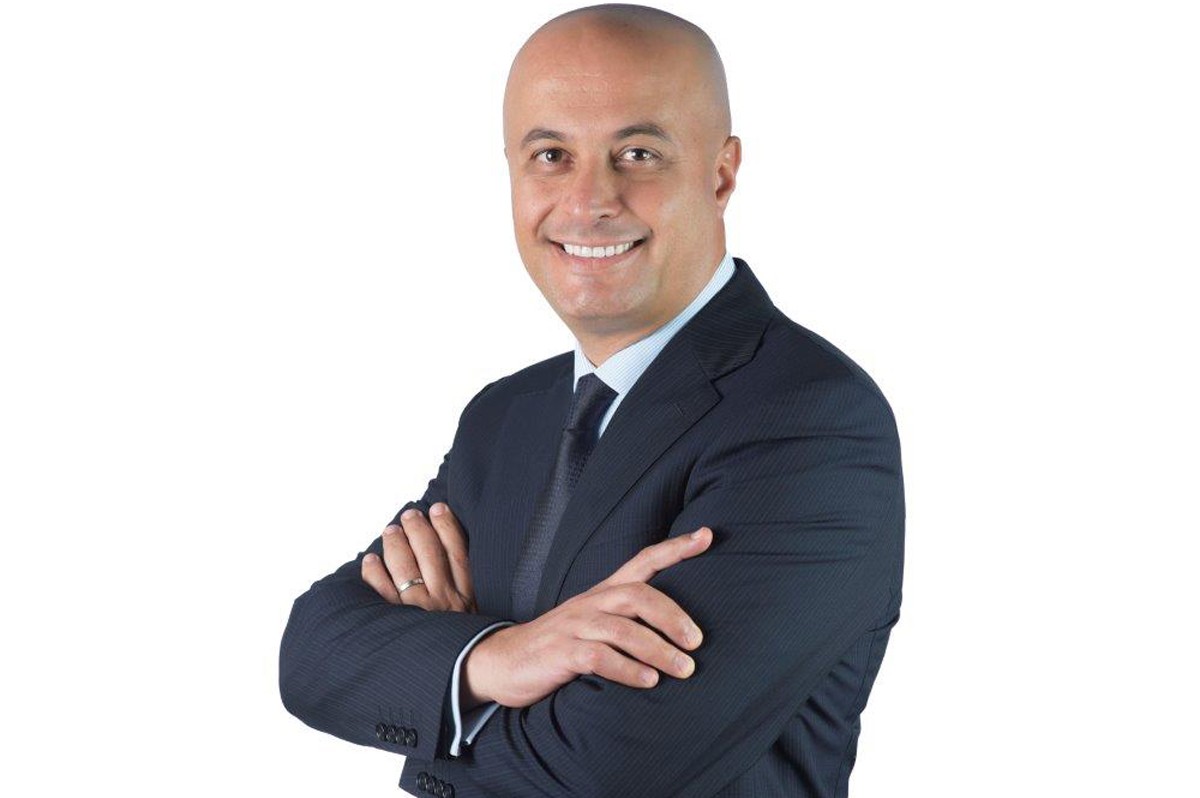Entrepreneurs
Microsoft’s Green Visionary: Samer Abu-Ltaif

Spearheading operations across 79 countries, he has become the beacon of innovation and sustainability in the region. He launched state-of-the-art data centres, fostered digital transformation agendas, and made his leadership a reflection of how technology could empower economies, strengthen enterprises, and bring sustainable solutions to the forefront. Under Abu-Ltaif’s guidance, Microsoft MEA is shaping the future of tech while leaving an indelible mark on communities across three continents.
He has over two decades of leadership experience in the technology sector and is managing Microsoft’s Middle East and Africa operations. In his headquarters in the United Arab Emirates, Abu-Ltaif leads a portfolio of 40 offices spread across 79 countries in the Middle East, Africa, and Eastern Europe. He excels in partnership-building opportunities with the government, large enterprise, and organizations that improve productivity and innovative capacity. Under his management, Microsoft MEA has become the beacon of technological progress in a region which is fast embracing digitalization.
Perhaps Abu-Ltaif’s greatest accomplishment is the launch of four new data centres across the MENA region in 2020, with two more in the works. These facilities are an important step for Microsoft to further empower businesses with advanced cloud solutions that will help them achieve more scalable, reliable, and secure systems. Through investments in local infrastructure, Abu-Ltaif helps ensure that businesses and governments within the region are well-equipped to transition smoothly into the digital age.
As a response to the COVID-19 pandemic, Samer Abu-Ltaif’s team has been working in a significant role in supporting health ministries and organizations across MENA. With the help of Microsoft Health Bot services, the team brought forward the sophisticated self-assessment tools that are capable of making screening more efficient in COVID-19, thereby reducing the pressure on healthcare systems. This initiative showcases practical technology for global challenges and makes Microsoft an authentic partner in public health. His aggressive targets include all Microsoft’s data centres shifting to renewable energy by 2025 and the company’s direct operations making the water positive by 2030. All these set up a new way of speaking about sustainability in tech, as well as serving as a benchmark for the organizations operating in the region.
Abu-Ltaif’s leadership is about real, meaningful impact beyond corporate growth as he works with regional governments and business to ensure that Microsoft MEA is contributing to economic development and social development. From education through to healthcare, he fully believes that technology can be key to empowering communities, closing gaps, and opening up new opportunities for current and future generations.
While being a technology giant like Microsoft can be difficult to lead through the Middle East and African region, it is worth the chance, for a region undergoing rapid urbanization has demographically very young populations which are keen on adopting tools that digitalize. Transforming is thus the situation in Middle East and Africa by Abu-Ltaif while bringing Microsoft along the digital forefront, enabling inclusivity all things considered.
Conclusion: Samer Abu-Ltaif’s legacy is in tenacious innovation and purpose-driven leadership, especially as he sets new benchmarks within the tech industry through leading-edge data centres, collaborations with multiple stakeholders, and sustainable business practices. As Microsoft MEA expands its footprint, this continues to be a catalyst for positive changes that lead to a sustainable, inclusive future.
